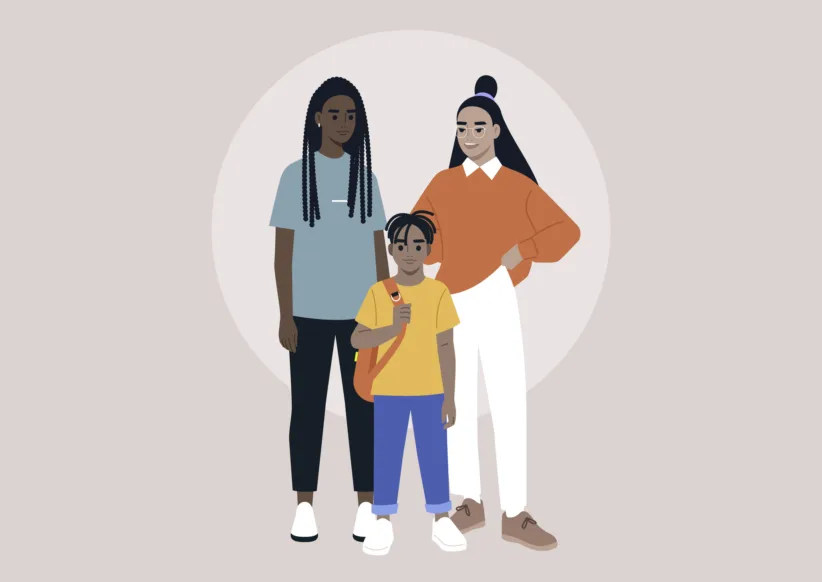Our pre-school director informed us at the beginning of the school year that the school had taken on a new weekly service project. Each Thursday we would pick up 20 backpacks from a coordinator and fill them with food to send home with needy children for the weekend.
Without these backpacks, these children and their siblings would likely not have anything to eat until breakfast at school the following Monday morning.
That, in itself, is heartbreaking. But what she told us next brought me to tears.
“We will provide boxed milk and juice, canned foods, fruit cups, granola bars. They all have to be able to be easily opened by a child 5 and under. Often, these are young children and they will be alone, perhaps with younger siblings to also feed.”
I have a 6 year old, 3 year old, and 1 year old. The thought of them coming home on Friday night, looking through the bag, and planning how to make the food last throughout the weekend just takes my breath away. Imagining my 6 year old opening a fruit cup for my daughters — I cannot bear it.
Yet, this is a common occurrence.
Our children deserve better. We live in one of the most affluent countries in the world. Hunger, especially amongst children, should never be a problem.
And yet, it’s an enormous problem.
November 12–20, 2016 is Hunger and Homeless Awareness Week.
According to the U.S. Census Bureau, 46.5 million people live in poverty in our country!
Nationalhomeless.org reports that one in five children go to bed and wake up hungry. And in my very own city, we have hundreds of children who rely on the free breakfast and lunch program for their warm meals. In my neighboring school district there were more than 1,200 homeless children last year.
It breaks my heart. Again, I imagine a 5 year old fending for himself and taking care of younger siblings.
Here is one of the craziest statistics of all: in South Carolina, a worker earning the minimum wage of $7.25 must work 79 hours per week, 52 weeks a year in order to be able to afford a two bedroom apartment at the Fair Market Rent. Seventy nine hours a week, every week of the year. And in Columbia, in order to afford that, they have to make $14.34 per hour.
What can you do to help during Hunger and Homeless Awareness Week?
There is a national backpack program through Feeding America (www.feedingamerica.org) if you want to get involved, or you can start your own local program by working with the social workers at your child’s school.
Thanksgiving is coming soon. Please consider donating to your local food shelters to give back. It’s so easy to donate a “Thanksgiving pack” — a canned ham, yams, boxed potatoes, and green beans. You might spend $8 on that, and you can feed a family.
Today, and every day, I am so thankful that my children and I have never known real hunger. And I pray we never do.
Download the Awareness Week Organizing Manual (http://nationalhomeless.org/about-us/projects/awareness-week) or look for an event to attend!
Alexa Bigwarfe is the mother of three young children and is a freelance writer. She writes about her experiences through motherhood and advocates regularly for children.





















